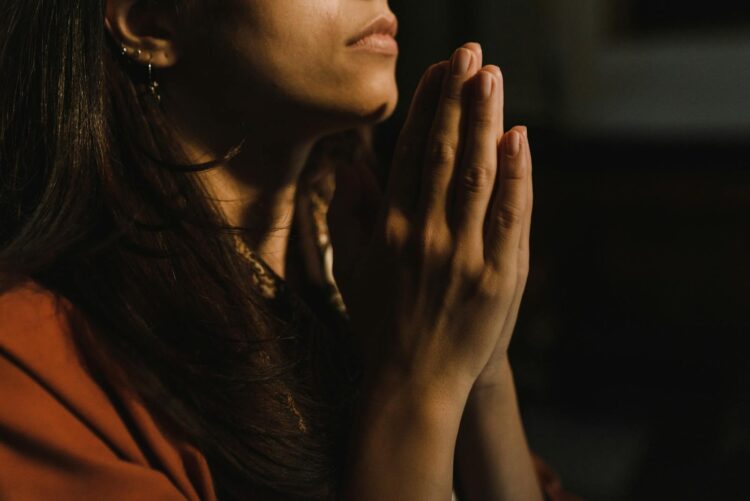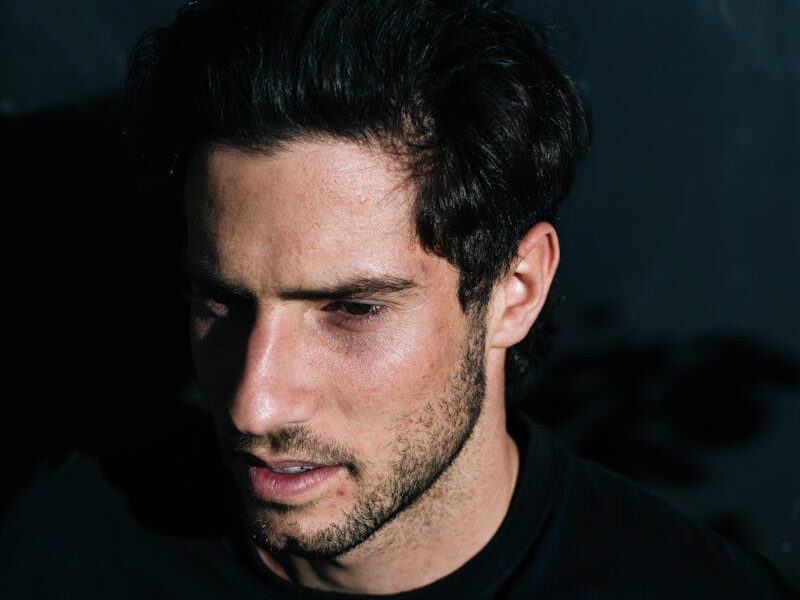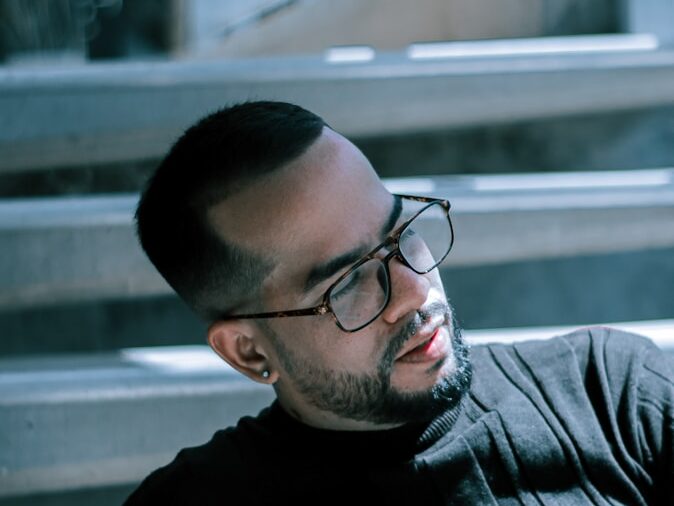
Faith can be a steady anchor, but sometimes what we call belief is just routine. Showing up, repeating words, following rituals — it can all look right while feeling empty inside. Conviction lives deeper than habits. It carries thought, struggle, and choice. Habit feels lighter, easier, but it lacks weight. These signs reveal when faith is more about going through the motions than truly living by it.
You Go Through Rituals Without Thought

The prayers, the gestures, the readings — you do them on cue, like muscle memory. It feels almost mechanical, like brushing your teeth before bed. You could go through the entire service and barely notice what you said. Real conviction makes those same actions feel alive. Habit makes them blur, where the words sound right but leave no echo once you’re done.
Attendance Feels Like an Obligation

You show up because you’re supposed to and not because you want to. Missing a service feels more like breaking a rule than missing something meaningful. You check the box, greet familiar faces, and leave without much else. Conviction pulls you in with purpose. Habit just nudges you through the doors so you won’t feel guilty about staying home.
You Rarely Question or Reflect

Faith rooted in conviction wrestles with questions. Doubt, reflection, and searching are part of it. But if you never pause to wonder why you believe what you do, it might be a habit. You repeat old answers, not because they move you, but because they’re there. A faith that never reflects risks becoming autopilot — words repeated without the spark that once gave them meaning.
Tradition Matters More Than Meaning

When holidays or festivals come around, you do everything the way it’s always been done. The food is prepared a certain way, decorations go up in the usual spots, and the same songs get sung. But the heart behind it all barely crosses your mind. It’s less about belief and more about routine. The focus shifts to not breaking tradition instead of remembering why it began in the first place.
Your Words Don’t Match Your Actions

You recite the right things, maybe even speak about faith in front of others. But when life outside those spaces comes calling, the actions don’t line up. Conviction drives behavior even when no one is looking. Habit stays put inside the walls of rituals and services, neat and contained. If faith disappears once the ritual ends, it’s not conviction — it’s routine dressed as belief.
You Lean on Fear of Judgment

The main reason you keep going is worry about what others will think. What if family notices you skipping? What if people whisper? Fear pushes you to keep pace. Conviction doesn’t need that pressure. It stands on its own. Habit, though, feeds on outside eyes. When the motivation is appearances more than personal belief, the faith you’re practicing isn’t about spirit. It’s about avoiding shame.
Prayer Feels Like a Checklist

You whisper words quickly, tick off names, say the lines you’ve memorized, and then you’re done. It doesn’t feel like a conversation or a connection. It feels like a chore you need to finish before bed. Conviction treats prayer as alive, flexible, full of pauses, and honesty. Habit makes it rigid and rushed, where finishing matters more than feeling.
You Don’t Carry It Beyond the Space

When you leave the building or close the book, faith doesn’t follow you. It stays behind until the next time. Conviction seeps into daily choices, conversations, and how you treat people. Habit stays boxed into the right places, waiting for its slot in the week. If your faith lives only in certain rooms or certain hours, it’s more routine than conviction.
You Avoid Hard Questions

Conviction pushes you into tough territory: why suffering exists, why certain rules matter, how belief fits with the modern world. Habit dodges those questions. You keep to the surface, repeat the safe lines, and never dig deeper. It’s easier that way. But real faith wrestles. If your version doesn’t, it might be a habit keeping you safe from the discomfort of doubt.
Ritual Feels Empty Without Others Watching

Lighting a candle, reading a verse, or fasting feels worthwhile in a crowd. Alone, though, it feels flat. Conviction carries weight even when no one else is there to see. Habit relies on shared rhythm, on being part of the group. If the practices vanish when you’re by yourself, then faith may not be what holds them together. It’s just the people around you.
You Don’t Think About the Teachings Day to Day

Belief isn’t just about what happens in a service or during a prayer. When it’s real, it seeps into small choices — how you speak to people, how you handle pressure, even how you spend your time. If those teachings stay tucked away in books or only show up during rituals, it’s probably a habit. Conviction shows itself quietly in everyday life, especially when no one’s watching.
Comfort Outweighs Conviction

It feels good to do what you’ve always done. The routine soothes even when it no longer challenges. Conviction doesn’t always feel comfortable — sometimes it stretches, questions, and unsettles. Habit cradles you in sameness. If your faith never stirs you, never asks anything more, it may be more about keeping peace than holding belief. Comfort has its place, but it shouldn’t be the only measure.
You Follow Rules Without Connection

There are rules, and you follow them. Dietary restrictions, dress codes, calendar observances. You do them because they’re expected. But the meaning behind them is a blur. Conviction links rules to values, to belief, to something larger. Habit just keeps them in place because that’s what’s always been done. Rules without connection become hollow, easy to break once no one is watching.
You Rely on Others for Your Faith

You wait for someone else to lead the prayer, read the book, or explain the teaching. Your faith feels tied to leaders, parents, or the community. On your own, it feels faint. Conviction builds personal roots. Habit leans on others to keep it alive. If your faith fades the moment others aren’t around, it’s more routine than conviction.
You Can’t Explain Why You Believe

Ask yourself why you practice, and the answer might be silence. Or maybe it’s a shrug, or “because I always have.” Conviction always has a story behind it, even if it’s complicated. Habit doesn’t. It just repeats. If you struggle to explain the heart of it — not the rituals, not the rules, but the belief itself — it may be a sign that habit has taken over.

